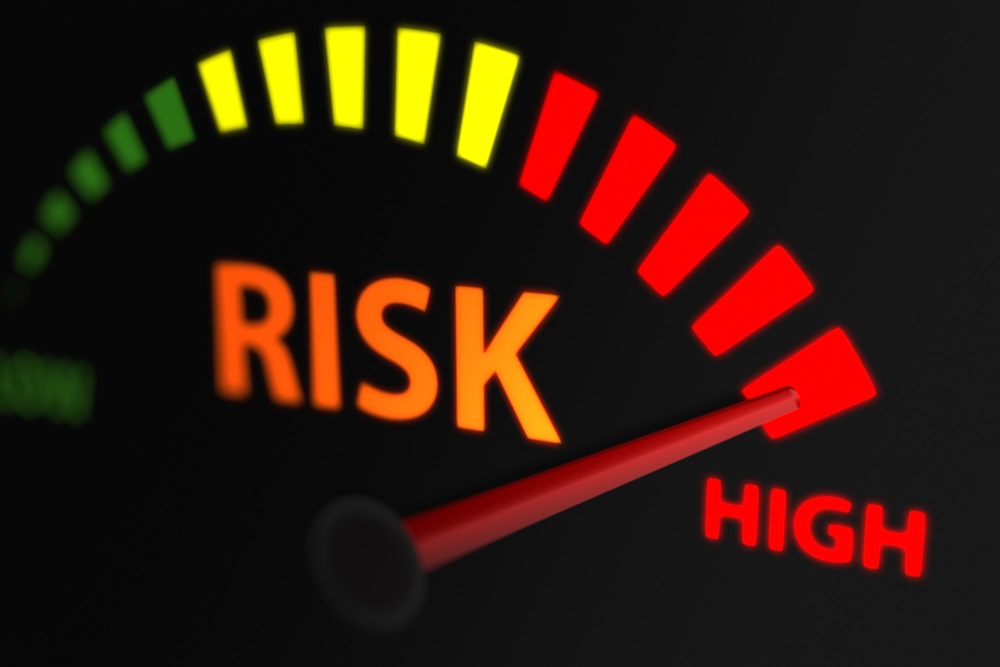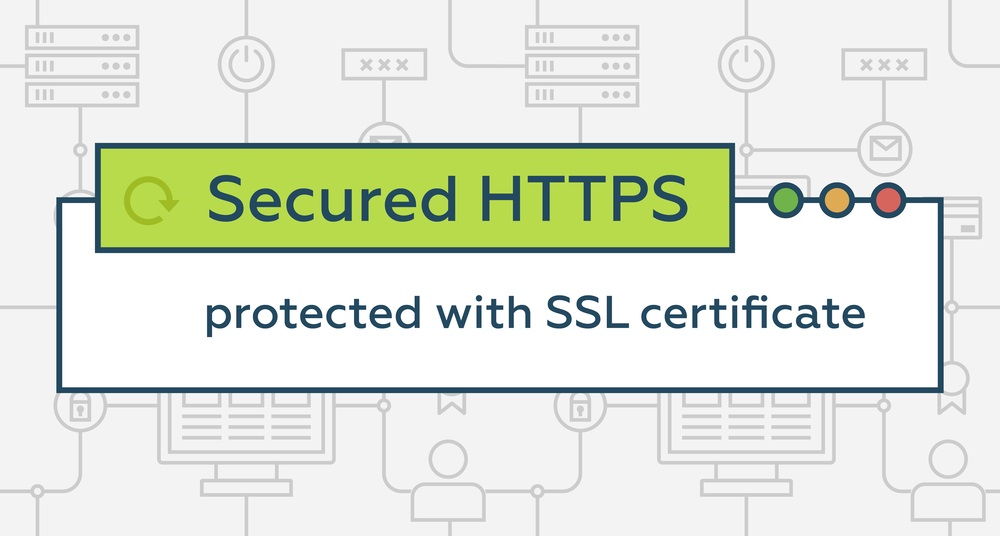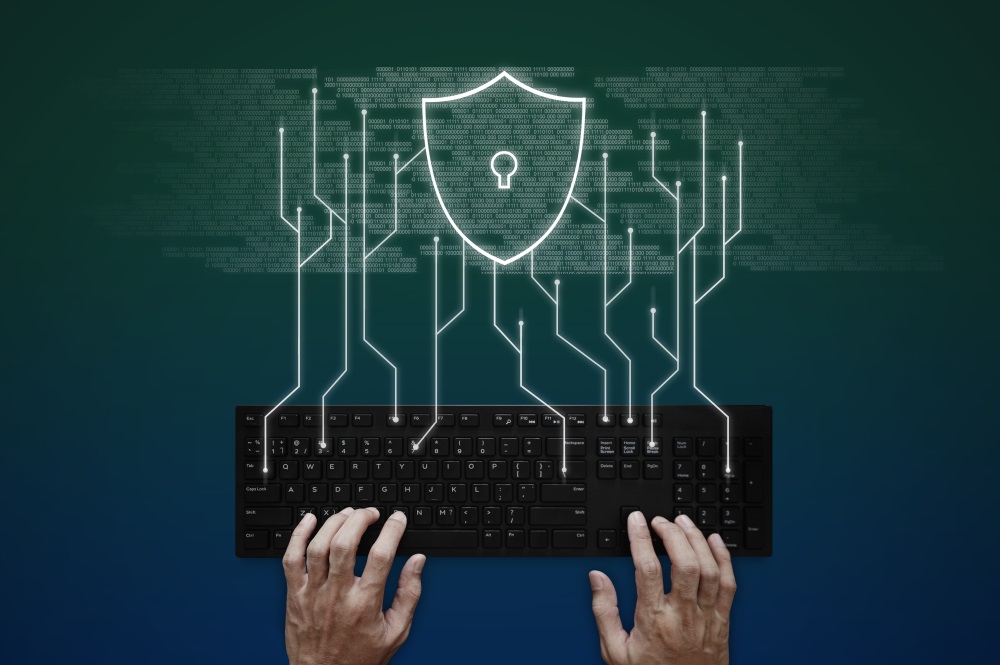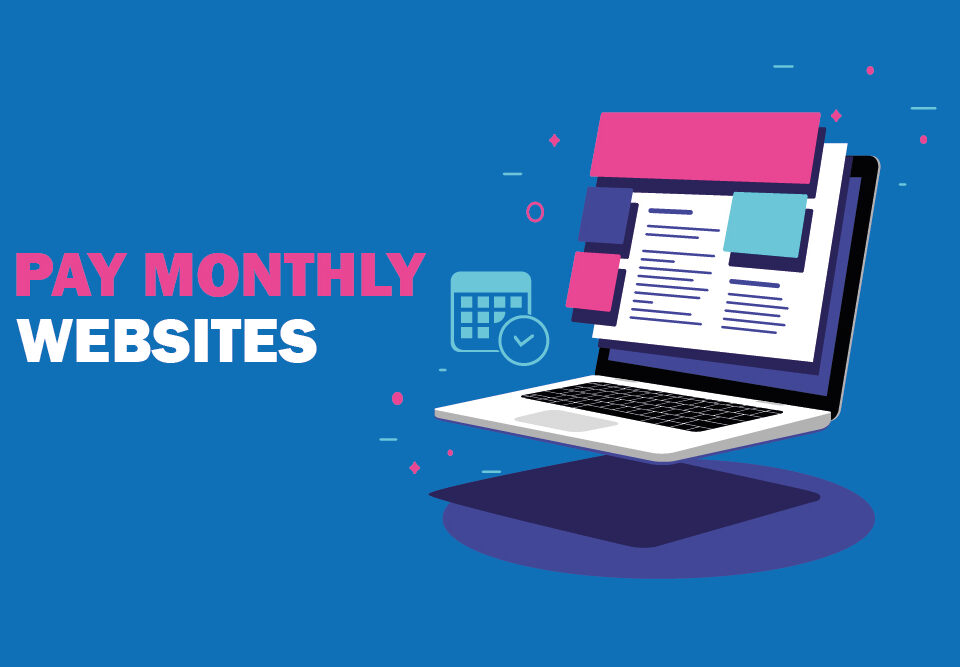
Website security means to secure or protect a website from any exploitation, specifically from cyberattacks. It includes all the measures you take to protect your website from all malware, hackers. It revolves around all the actions made to prevent all online security threats.
Why is Website Security important?

By some major surveys, about 30,000 to 50,000 websites get hacked each day. As hacking is rapidly increasing, the need to secure a website also needs to get higher. You need to take swift measures day by day to secure your websites. Data breach causes destruction not just to the website but also in high fines or high costs for clean-ups, lousy reputation, and lawsuits. It also hinders visitors from coming back to your website and decreasing traffic, or you can be erased from search engine results.
Not just this, your customers will also feel secure and protected in providing valuable data to you while availing of your services. Also, it will boost your search engine ranking. You can save your money and increase your revenue.
Your Website is at High Risk

There is a misconception that hackers usually target big businesses. The reality is they don’t. The fact is that 43% of cybercrimes happen to small businesses. According to Carbon black reports, Up to 88% of UK organizations have endured breaches over the most recent year. Organizations use up to $3.86 million (about £2.9 million) to overcome security breaches; as per Ponemon Institute’s Cost of a Data Breach Report 2020, security measures taken beforehand can prevent prevention effectively against threats and ensure a better performance.
How to Secure your Website

As there are many measures, you should opt to secure your website, but few are a must-go to protect your website.
SSL Certificate

While transferring data to your server, an SSL certificate secures all your details like emails, credit card numbers, and other data that your website has taken.
Web Application Firewall

Eliminate DDoS attacks and secure your website from a slow move or a crash. A web application firewall helps you fight any automated attack.
A Website malware scanner

Be proactive. A website scanner will find all the malware, any vulnerabilities, or security-related issues. So get an alert beforehand to fix to protect your website.
Software update

Most vulnerabilities and security-related issues can be found in third-party plug-ins and applications due to the hosted website on a content management system. This can be protected by installing updates to plug-ins and core software in regular intervals.


